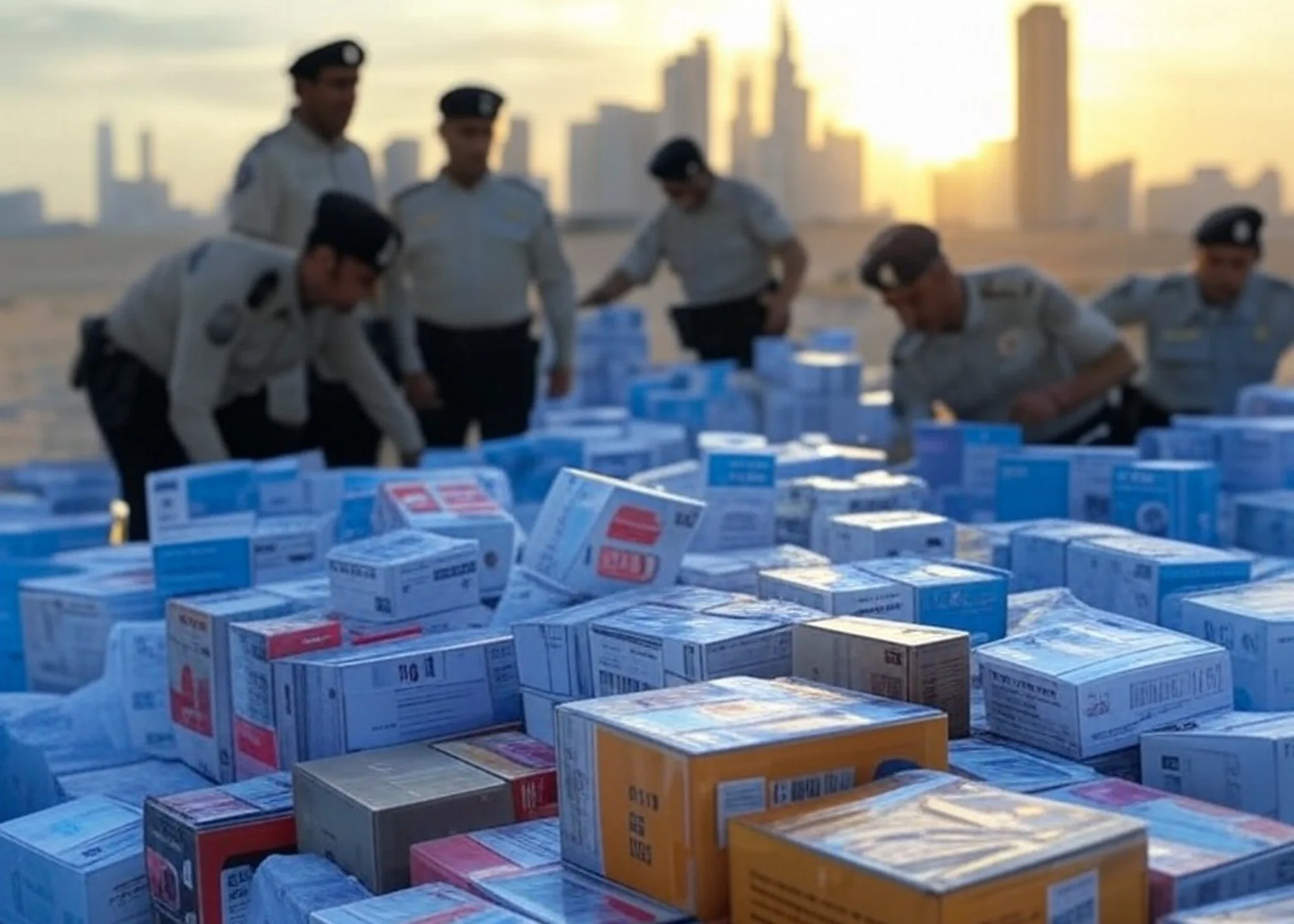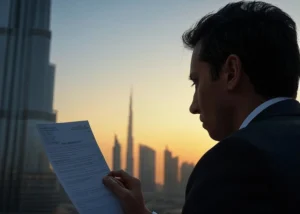The United Arab Emirates (UAE) is a global hub for trade and commerce, strategically located between Europe, Asia, and Africa. While its position has made it a magnet for legitimate business, it has also exposed the country to the challenges of counterfeit goods and intellectual property (IP) violations. The UAE has taken significant steps to address these issues, underlining its commitment to safeguarding intellectual property rights and fostering a fair business environment.
The Problem of Counterfeit Goods
Counterfeit goods are unauthorized replicas of genuine products, often sold at a fraction of the price. They include a wide range of items such as luxury goods, electronics, pharmaceuticals, and automotive parts. The trade in counterfeit goods harms:
- Businesses: Legitimate manufacturers suffer losses in revenue and brand reputation.
- Consumers: Counterfeits are often substandard and can pose serious health and safety risks.
- Economies: Governments lose revenue from taxes and duties on genuine products.
The UAE, as a major trade and re-export hub, faces challenges in curbing the flow of counterfeit goods through its ports and markets.
Legal Framework for IP Protection in the UAE
The UAE has a robust legal framework to combat counterfeit goods and enforce IP laws. Key legislation includes:
- Federal Law No. 15 of 2020 on Consumer Protection: This law prohibits the sale and distribution of counterfeit goods and ensures consumers are protected from fraud.
- Federal Law No. 36 of 2006 (UAE Trademarks Law): This law protects registered trademarks and penalizes the use of counterfeit marks.
- Federal Law No. 17 of 2002 on Copyrights and Related Rights: This law safeguards original works of authorship, including literary, artistic, and digital creations.
- Customs Regulations: UAE Customs authorities play a crucial role in preventing counterfeit goods from entering the country through stringent inspection and enforcement measures.
Enforcement Mechanisms
The UAE employs multiple mechanisms to enforce IP laws and combat counterfeit goods:
- Customs Inspections: Customs authorities are trained to identify counterfeit goods at ports and borders. Advanced technologies, including AI and blockchain, are being deployed to enhance detection capabilities.
- Market Surveillance: Local authorities conduct regular inspections of markets and retail outlets to identify and confiscate counterfeit goods. Popular areas such as Dubai’s Karama Market and Sharjah’s souks are closely monitored.
- Legal Actions: Rights holders can file complaints with local courts or administrative bodies to initiate action against counterfeiters. Penalties include fines, imprisonment, and destruction of counterfeit goods.
- Public Awareness Campaigns: Authorities run awareness campaigns to educate consumers and businesses about the dangers of counterfeit goods and the importance of IP protection.
- Collaboration with International Bodies: The UAE works with organizations like the World Intellectual Property Organization (WIPO) and INTERPOL to strengthen enforcement and share intelligence on counterfeiting operations.
Recent Developments
The UAE has made significant strides in recent years to bolster its IP enforcement:
- Specialized IP Courts: Dubai established dedicated IP courts to expedite the resolution of disputes and enhance the judicial process.
- Free Zones Initiatives: Free zones like Jebel Ali Free Zone (JAFZA) and Dubai Multi Commodities Centre (DMCC) have implemented strict regulations to prevent the trade of counterfeit goods.
- Digital Protection Measures: With the rise of e-commerce, authorities are focusing on online platforms to identify and take down listings for counterfeit goods.
Challenges and Opportunities
Despite these efforts, challenges remain:
- Volume of Trade: The sheer volume of goods passing through UAE ports makes it difficult to identify every counterfeit item.
- Sophistication of Counterfeiters: Counterfeiters are becoming increasingly adept at mimicking genuine products, making detection harder.
- Consumer Demand: Low-cost counterfeit goods remain attractive to certain segments of the population.
To overcome these challenges, the UAE can:
- Invest further in technology to enhance detection and enforcement.
- Strengthen collaboration with private sector stakeholders, including brand owners and e-commerce platforms.
- Increase penalties for counterfeiting to act as a stronger deterrent.
Conclusion
The UAE’s proactive approach to combating counterfeit goods and enforcing IP laws underscores its commitment to fostering a secure and vibrant business environment. While challenges persist, continued investment in enforcement, technology, and public awareness will ensure the UAE remains a leader in protecting intellectual property rights on the global stage. For businesses and consumers alike, this translates to greater trust and confidence in the UAE’s markets.






